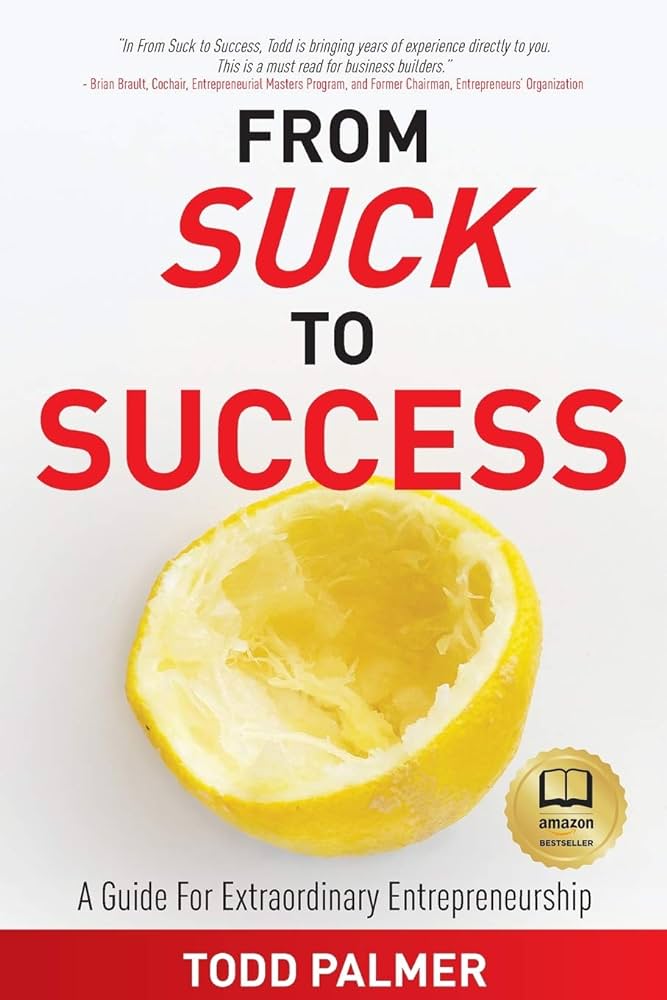I hope you all enjoyed the long weekend and had a meaningful Labor Day.
It got me thinking—how many of you found yourselves working through the holiday weekend?
The roots of Labor Day trace back to the Industrial Revolution, when workers fiercely advocated for fair labor practices, including the eight-hour workday. It was a movement born from conflict, including the infamous riots in Chicago, which ultimately led to laws protecting workers.
Yet, as entrepreneurs, do we grant ourselves the same rights we fight for our employees to have? Are we working nights and weekends? Constantly firefighting in our businesses? And what about our compensation—are we the top earners, or are we scraping by, hoping for profits at the year's end?
As business owners, we champion employee rights—competitive salaries, comprehensive benefits, and work-life balance. But how often do we enjoy these benefits ourselves? While I deeply respect Simon Sinek’s insights in Leaders Eat Last, it's crucial that our businesses not only support our teams but also us—the risk-takers and visionaries.
This Labor Day, I urge you to advocate for yourselves. Remember, as entrepreneurs, we are a cornerstone of the labor market. We create jobs, uphold employee rights, and drive progress. You matter, too!
It's time to secure a sustainable profit margin and fight for it relentlessly. Many industries have faced downturns, and I know many business owners, perhaps including you, are still not drawing a salary. You're battling for every point of profit and every dollar in the bank. My message to you: keep pushing. Once you reach your goals, don’t ease up. Those margins and reserve funds are there to protect you.
In "Profit First," Mike Michalowicz emphasizes the importance of paying yourself a decent salary as a cornerstone of his financial management philosophy. He argues that many entrepreneurs neglect their compensation in the early struggles to grow their businesses, which can undermine personal and business health. He advocates that entrepreneurs should treat their salary as a non-negotiable expense, like rent or utilities. He says paying yourself isn't a luxury; it's an essential part of a business's financial strategy that respects and upholds the value of the entrepreneur's time and effort. This practice supports personal well-being and fosters a healthier, more sustainable business environment.
To ensure your profits are protected and your salary maintained, it’s essential to communicate to your team the importance of sustainability—not just growth for growth’s sake. They need to understand that their stability, promotions, and bonuses depend on the financial health of the business. It’s not just a 'you' problem—it affects everyone.
Educate your team on financial basics. Explain what a financial runway is, how it’s built, and how it's maintained. Illustrate how their work contributes directly to profitability. Jack Stack, author of The Great Game of Business, provides real-world examples and practical advice on implementing a transparent approach to ensure every employee can contribute to the company’s financial success.
You have to give them a purpose beyond the numbers. One client of mine shifts the focus from money to impact by setting goals like helping a certain number of families each month. It’s much more motivating to ask, “How many families did we help?” instead of, “How much money did we make?”
In a recent strategic planning session I led with two business owners and their leadership team, a team member questioned why the owners targeted an 18% profit margin when she believed 10% was standard based on her Google research. This opened a teachable moment for the CEO to explain the financial realities of running a business—from payroll to operational costs and taxes—highlighting the sacrifices business owners make. That moment of understanding significantly changed how the employee viewed the necessity of maintaining a strict margin.
Let’s remember the world is harsh, and running a business can be brutal. You don’t have to do it alone, and you certainly shouldn’t do it without ensuring your rights and needs, from mental health to financial stability, are met.
Here’s to fighting for not just our businesses but also for ourselves.




